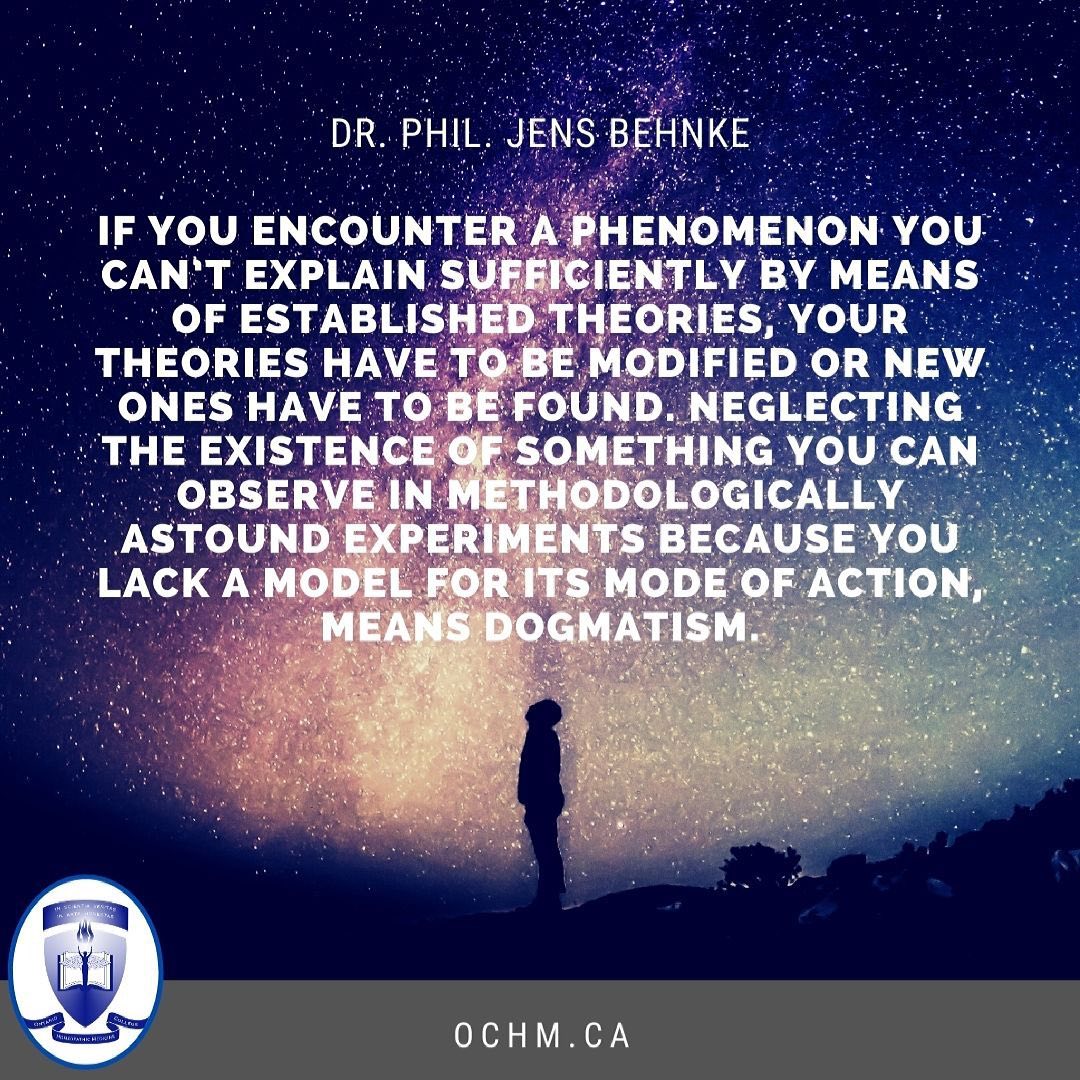The Scientific Background of Current Homeopathy Debates

The Scientific Background of Current Homeopathy Debates
In patients undergoing homeopathic treatment in routine care, relevant clinical improvements are observed. If compared to conventional care the outcomes are often similar or even better, but with less adverse effects and, in the majority of all health economic studies, lower costs. Long-term results of a cohort study with 3.981 participants document that even patients who didn’t get satisfying results from conventional treatments benefit from homeopathy.
Plausibility Bias hampers homeopathic research: Critics of homeopathy often assume that an effect of potentised remedies contradicts certain physical theories. According to this prejudice they interpret the empirical data from clinical trials.
The amount of evidence even among the best studies came as a surprise to us. Based on this evidence we would be ready to accept that homeopathy can be efficacious, if only the mechanism of action were more plausible.
This reasoning about data is influenced by plausibility bias. It directly opposes the fundamental principles of the scientific method. If you encounter a phenomenon you can’t explain sufficiently by means of established theories, your theories have to be modified or new ones have to be found. Neglecting the existence of something you can observe in methodologically astound experiments because you lack a model for its mode of action, means dogmatism. This type of ideologically beclouded science is especially not in line with the principles of evidence medicine.
Dr. phil. Jens Behnke
Full piece: https://bit.ly/3sBIwMD
Recommended Posts

Exploring the Lesser-Known Aspects of Aethusa Cynapium: Its Relationship with the GI Tract and Animal Lovers
March 27, 2024

Calc-sulph Tissue Salts is considered “the Blood Cleanser”
April 20, 2021

Ferrum Metallicum is a great Homeopathic Remedy for Anemia
April 20, 2021
